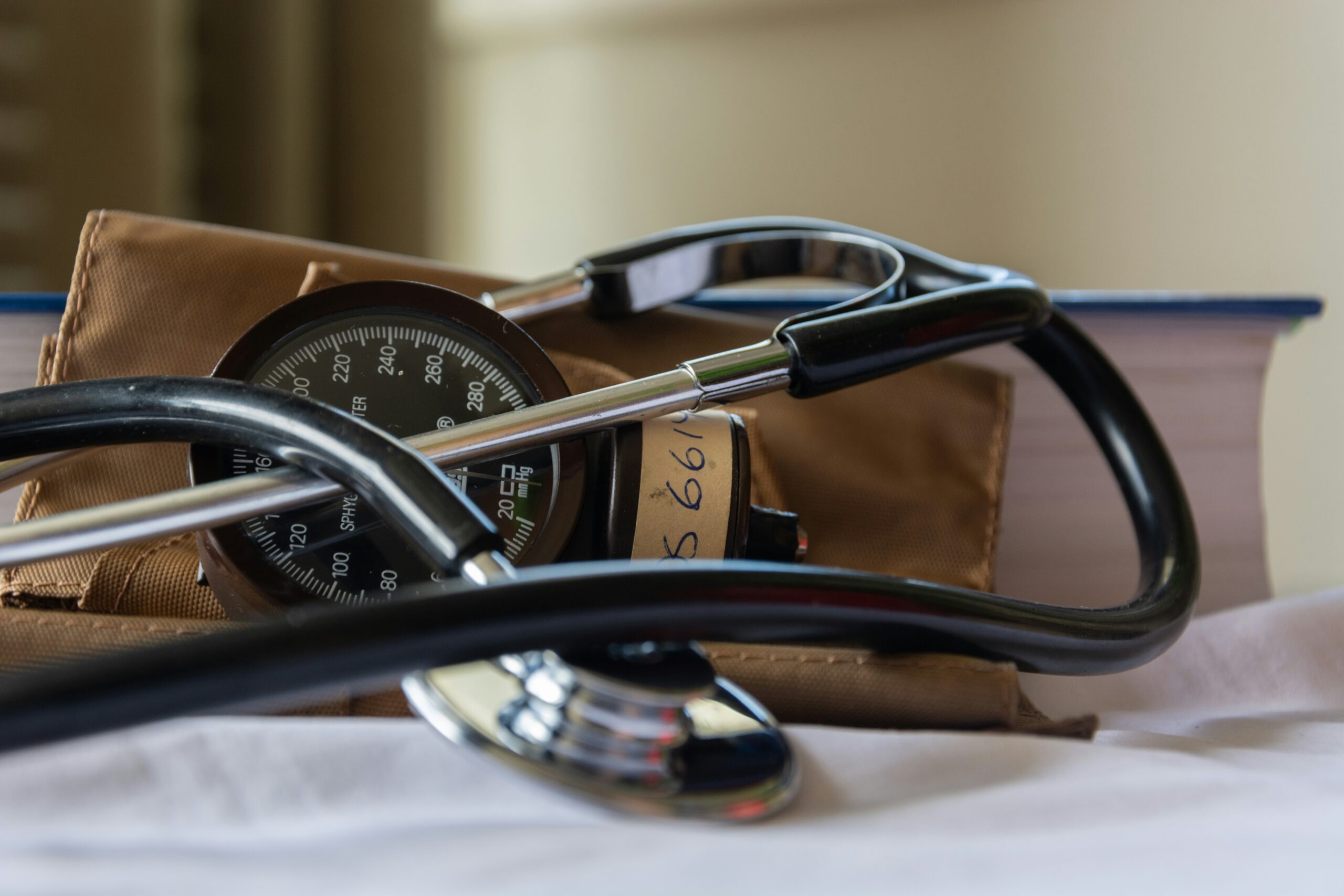
Selling medical devices is more than a commercial exchange—it’s a process that can directly influence patient outcomes and hospital performance. Buyers in this field operate in a highly regulated, evidence-driven environment, which means their decisions are deliberate, thorough, and often collaborative. To close deals successfully, sales professionals must balance persuasive communication with technical accuracy and an unwavering focus on clinical value.
Earning Confidence Through Expertise
The most effective sales representatives are viewed not as product pushers, but as trusted advisors. This status is earned by demonstrating in-depth knowledge of the device’s design, clinical applications, competitive advantages, and limitations. Understanding broader healthcare trends, reimbursement policies, and industry innovations is essential. When buyers see that a salesperson is as informed as their clinical staff, it reinforces credibility and fosters long-term trust.
Customizing the Conversation for Multiple Decision-Makers
Rarely is a medical device purchase decided by a single person. Committees, procurement departments, clinicians, and administrators all have a say. Each brings distinct priorities—surgeons want performance precision, procurement wants cost efficiency, and IT wants seamless integration. A winning strategy tailors messaging for each group, ensuring every stakeholder hears how the device addresses their concerns.
Making the Case with Data-Backed Proof
In healthcare, data is persuasive currency. To stand out, sales professionals should present robust clinical evidence, peer-reviewed studies, and real-world performance results. Comparative metrics that show the device outperforming competitors in terms of safety, efficiency, or cost savings can be especially compelling. Testimonials from respected physicians and case studies from similar institutions provide relatable, credible reinforcement.
Streamlining the Procurement Journey
Even when buyers are enthusiastic, slow procurement processes can derail momentum. Successful closers anticipate the paperwork, approvals, and compliance checks that come with large-scale medical purchases. Sales reps can keep deals moving smoothly through the decision pipeline by supplying documentation early, preparing responses to regulatory queries, and aligning proposals with procurement requirements.
Positioning the Product as an Operational Advantage
Rather than emphasizing features alone, strong pitches frame the device as a strategic solution that improves efficiency, reduces risk, or enhances patient satisfaction. For example, highlighting how a device can reduce procedure time or minimize post-operative complications positions it as an investment in patient care and operational performance.
Managing Long Sales Cycles with Strategic Persistence
Medical device deals can take months—or even years—to finalize. Without regular, meaningful touchpoints, prospects may lose interest or shift focus. The best sales professionals maintain contact through educational resources, updated clinical findings, or invitations to hands-on demonstrations. This steady engagement keeps the conversation active and the product relevant without crossing into pushiness.
Reframing Objections as Gateways to Agreement
Objections about cost, compatibility, or training are opportunities to deepen understanding. By actively listening and addressing concerns with concrete solutions—like phased payment plans, integration support, or comprehensive onboarding—sales reps can turn hesitation into enthusiasm. Demonstrating flexibility and problem-solving skills is often the key to securing final approval.
Using Digital Tools to Add Value
Technology has transformed the way medical devices are presented and evaluated. Virtual reality product tours, interactive 3D demos, and remote training sessions make it easier for stakeholders to visualize benefits. CRM systems help track buyer engagement and identify the best times for follow-up, ensuring no opportunity is missed.
Ensuring Ongoing Success After the Sale
Closing the deal is only the beginning of the client relationship. Adequate after-sales support—timely training, responsive troubleshooting, and proactive check-ins—builds loyalty and sets the stage for future business. Positive experiences lead to referrals and a reputation that opens doors to new markets.
Closing Thoughts
In the competitive medical device arena, winning the deal requires a blend of clinical credibility, strategic communication, and persistent follow-through. The professionals who succeed understand the unique decision-making landscape, speak the language of data, an